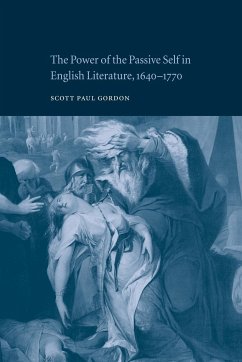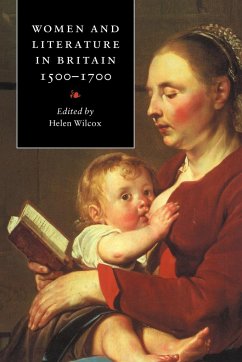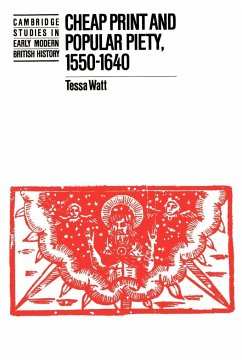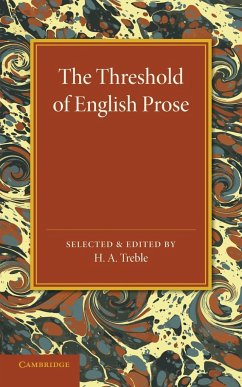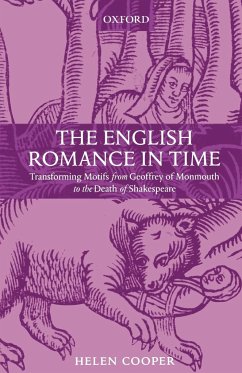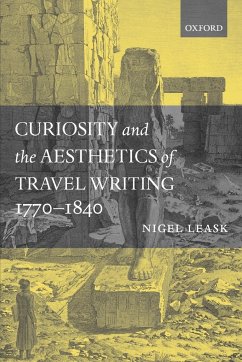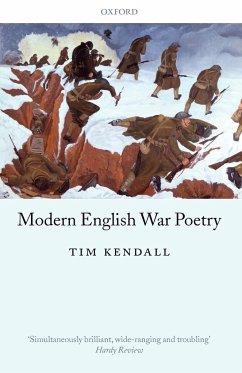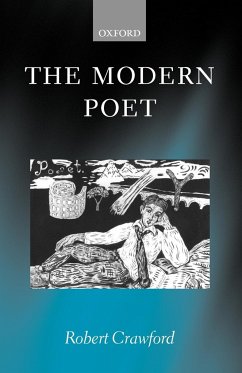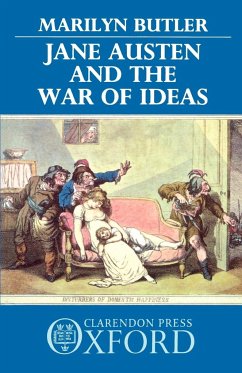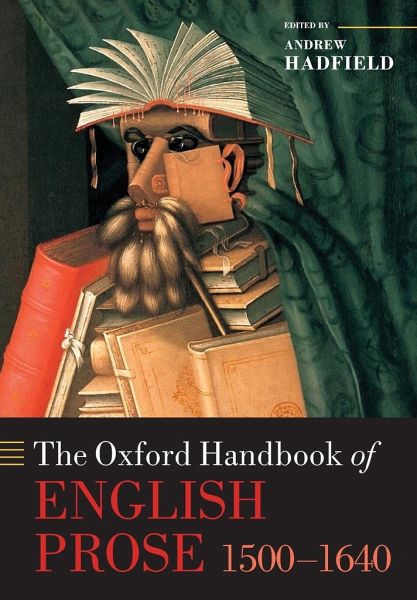
Broschiertes Buch
The Oxford Handbook of English Prose 1500-1640
Versandkostenfrei!
Versandfertig in 1-2 Wochen

PAYBACK Punkte
31 °P sammeln!




The Oxford Handbook of English Prose 1500-1640 is the only available overview of early modern English prose writing. It considers the range and variety of the substance and types of English prose, and also analyses the forms and styles of writing adopted in the early modern period.
Andrew Hadfield is Professor of English at the University of Sussex and visiting Professor at the University of Granada. He is the author of a number of works on early modern literature, including Shakespeare and Republicanism (Cambridge University Press, 2005); Literature, Travel and Colonialism in the English Renaissance, 1540-1625 (Oxford University Press, 1998); Sand Literature, Politics and National Identity: Reformation to Renaissance (Cambridge, 1994). He has also edited, with Matthew Dimmock, Religions of the Book: Co-existence and Conflict, 1400-1660 (Palgrave, 2008); with Raymond Gillespie, The Oxford History of the Irish Book, Vol. III: The Irish Book in English, 1550-1800 (Oxford, 2006); with Paul Hammond, Shakespeare and Renaissance Europe (Cengage, Arden Critical Companions, 2004); and Literature and Censorship in Renaissance England (Palgrave, 2001). He is a regular reviewer for The Times Literary Supplement.
Produktdetails
- Verlag: OUP Oxford
- Seitenzahl: 768
- Erscheinungstermin: 11. August 2016
- Englisch
- Abmessung: 244mm x 170mm x 41mm
- Gewicht: 1300g
- ISBN-13: 9780198778349
- ISBN-10: 0198778341
- Artikelnr.: 47868518
Herstellerkennzeichnung
Libri GmbH
Europaallee 1
36244 Bad Hersfeld
gpsr@libri.de
Für dieses Produkt wurde noch keine Bewertung abgegeben. Wir würden uns sehr freuen, wenn du die erste Bewertung schreibst!
Eine Bewertung schreiben
Eine Bewertung schreiben
Andere Kunden interessierten sich für


